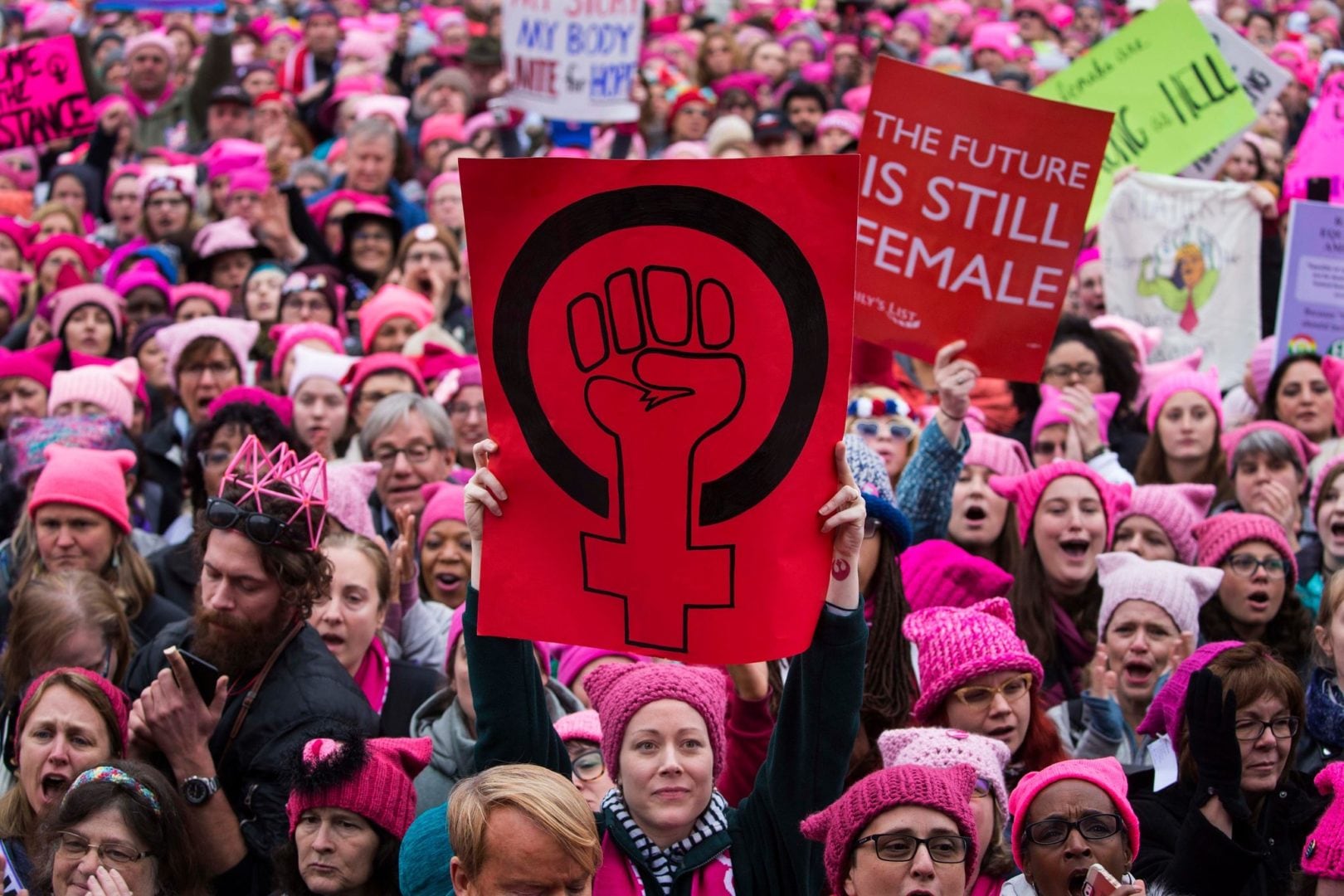Our kids are listening. And with all of the toxic rhetoric that seemed to dominate the conversation in 2016 , it is more important than ever to talk to our families about diversity, inclusion, and activism to help build a better future going into 2017. Wondering how to get started? We’ve got you covered!
We are introducing a four part social justice series that will help introduce the topics of activism,, LGBT equality, and racial equity with book suggestions and fun activities for your child. Understanding these concepts will help you prepare your child to be a good citizen while strengthening your child’s social awareness skills–one of the five important social-emotional development skills.
**For more on what social-emotional skills are, check out our first MomsReading blog post.**
While there are endless possibilities for books to read and activities, below are some of our top picks. Share your favorites on Facebook and Twitter using the #MomsReading hashtag. Let us know what books your family is enjoying and how they are helping your child learn about activism and social justice!
Your activism reading and activity starter kit!

Read this (Best for ages 2 to 8)! A is for Activist is an ABC book for children that illustrates environmental justice, civil rights, LGBTQ rights, and more at a level your child can understand! As you are reading, ask your child what they see on each page. Discuss how those elements are tied into the topic being discussed. An example is for the letter H and healthy foods.Ask your child what their favorite healthy food is or ask them what they think healthy means. Refer back to the book during key meals to build the conversation further.

Read this (Best for ages 5 and up)! In, Of Thee I Sing: A Letter to My Daughters President Obama introduces 13 diverse American icons who exemplify personal virtues, such as Cesar Chavez representing inspiration, and shows various characteristics needed to create a movement. After reading, ask your child which icon is their favorite. Discuss how that person made an impact in American history and how they made these impacts. To expand on the conversation, ask your child if there are adults or kids they know that remind them of the leaders in the book.

Read this (Best for ages 8 and up)! Rad American Women A-Z: Rebels, Trailblazers, and Visionaries who Shaped Our History . . . and Our Future gives your child their first feminist primer, introducing them to women’s empowerment through an intersectional framework. After reading, discuss with your kids what it means to be a rad person and truly make a difference.
Do this! Sarah Smith, founder of Raising Little Heroes, says the best way to talk about current political movements is with facts. She also recommends that when answering questions, parents should address their own biases and when they are stating their opinions. Use language like “This is how I feel, but I’m one person and you are another. How do you feel?”
Do this! Join a cause that your family cares about! As Yea Camp says, you will encourage your budding activist by making the activity fun and help them double their impact, all the while creating a supportive family culture, where it’s understood that people care about others and stand up for what they believe in!
What are your favorite social-justice books or activities that celebrate activism? Remember to share with us on Facebook or Twitter using the #MomsReading hashtag!




